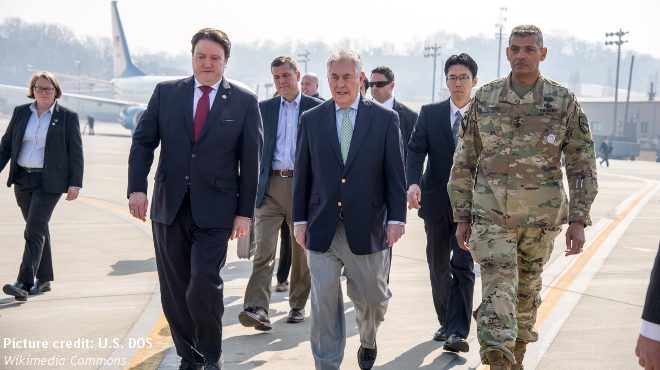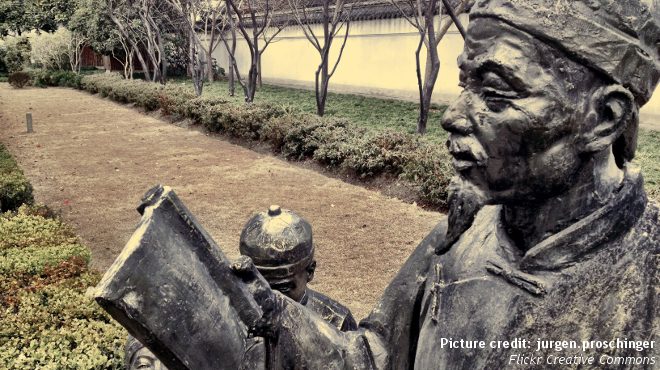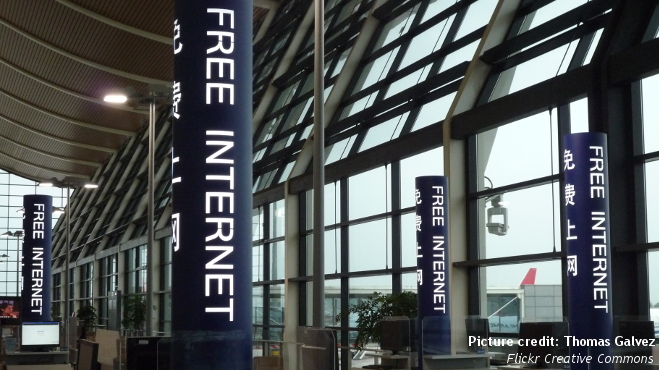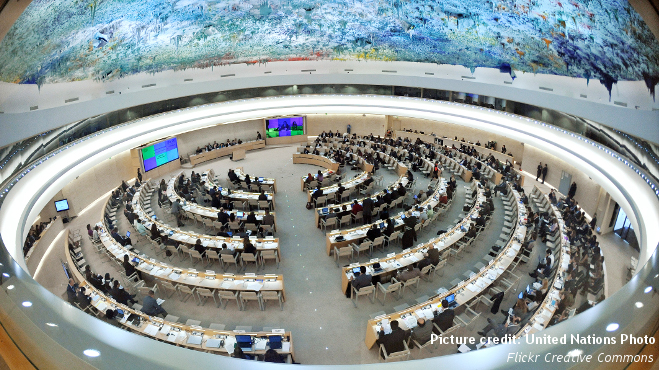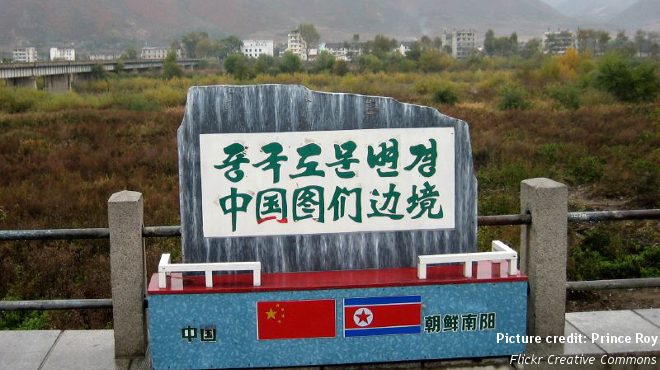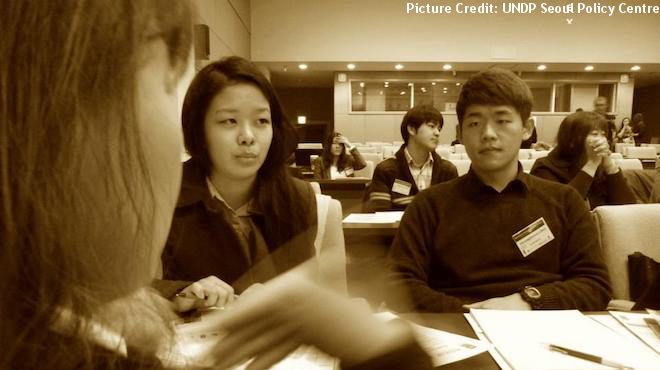Five Key Challenges for the Next South Korean President
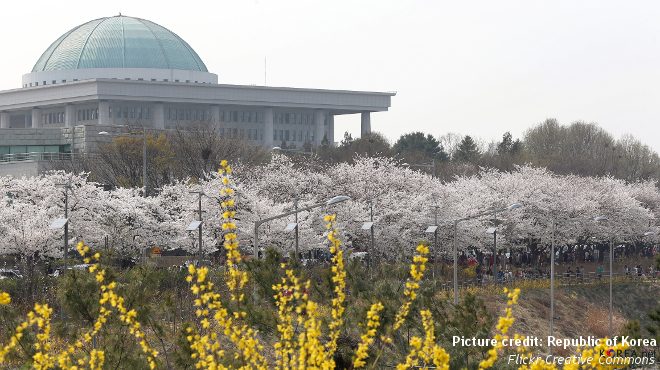
On May 9, South Koreans go to the polls to elect a new president to replace impeached former leader Park Geun-hye. Five candidates have put forward their policy priorities and agendas should they be elected. Whoever wins faces stiff challenges, both domestic and foreign, as Sangsoo Lee outlines below. Tackling Inequality and Population Greying South […]
Read full blog post »